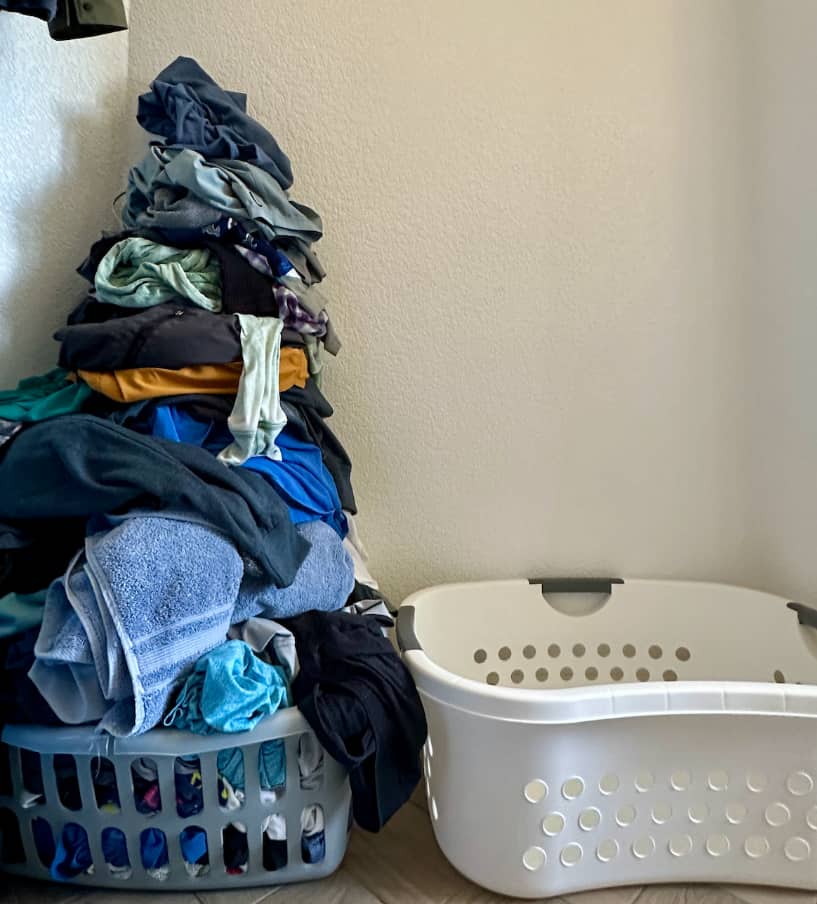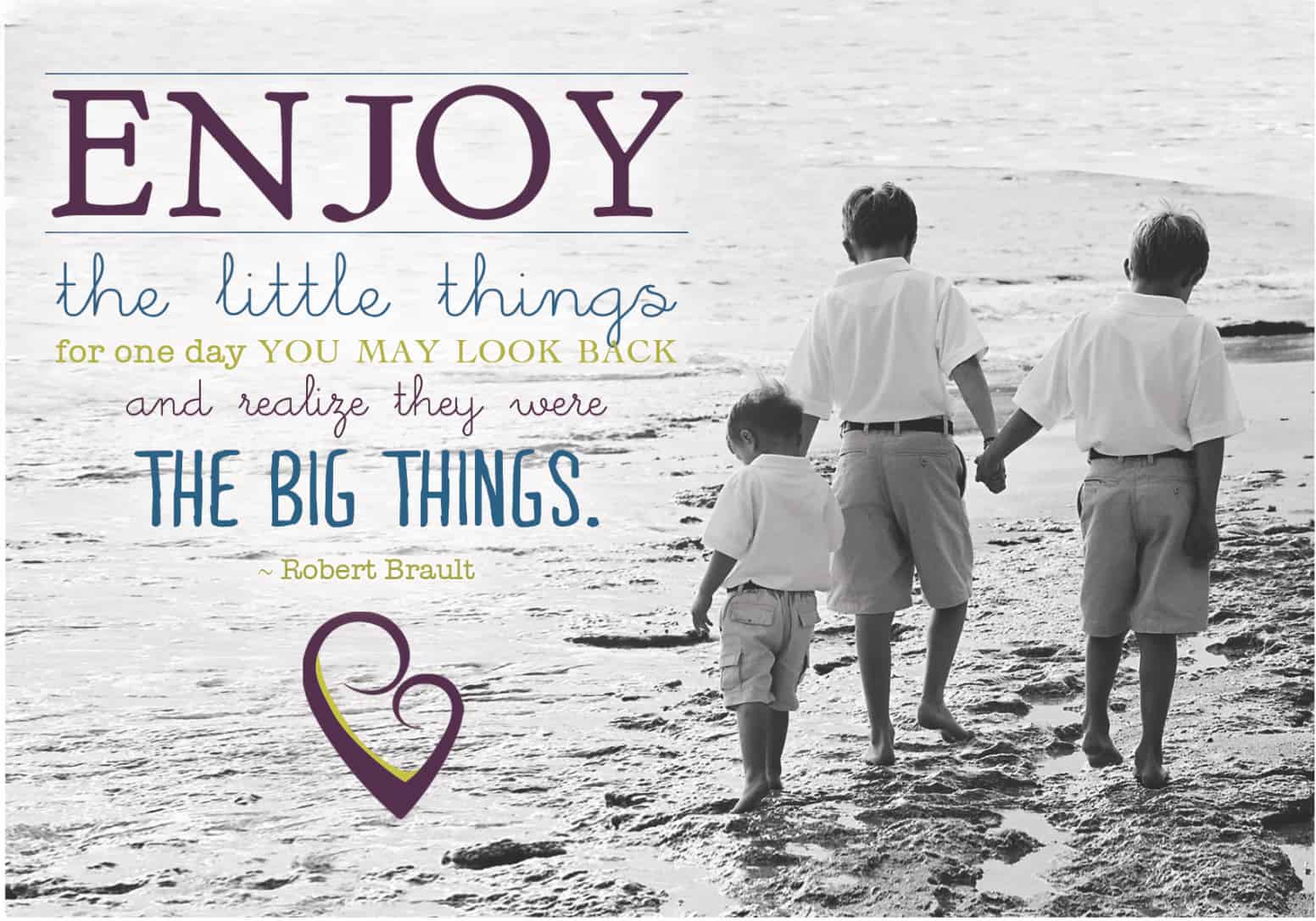Here are some ideas to manage the sibling bickering that can wear us down during long summer days.

Bicker Jar
When my kids bicker, they each have to draw a slip of paper from the “Bicker Jar.” The slips have various forms of distraction written on them, from chores (you should see how clean my baseboards are!) to time spent together (“push your little brother on the swing 100 times”) to replacing your energy (“write a letter or draw a picture about what you like about your family”). The variety of items on the slips keeps the kids’ interest, wondering if they are going to be scrubbing the toilet or playing Chutes & Ladders with their little brother.
Back to Back
I know a mom who put bickering siblings back to back until they came up with the same story about what had happened, each one taking responsibility for their contribution. This would never work with my rough-and-tumble boys, but for her mild-mannered son and daughter, it worked like a charm.
Amends
I am a big fan of teaching kids to make amends. So yah, they mess up and offend their siblings … that happens sometimes. But when it happens, they have caused damage to the relationship and can learn to do something to make it “right” again. Kind of like cleaning up the spilled milk. After a time-out or cool down, consider asking your kids what they can do to reconnect with their sibling, or to repair the damage they’ve done to the relationship. This can be helping out with a chore, drawing a nice picture, playing a favorite game of their sibling’s, etc. Imagine what the state of marriage would be like if all of us grown-ups did that for each other!
Zero Tolerance
If there is a certain behavior of your child’s that is driving you nuts, set it as a zero-tolerance item in your family. A few common ones are physical violence, name-calling, and swearing. Make that a zero-tolerance item that always, always gets a strong consequence, no matter where you are or what you are doing. Figure out what consequence speaks to your child and implement that every time. Just pick one behavior at a time for this and focus on following through with the consequence every single time. Be fearless in your follow-through.
No More Purple Elephants
When a waitress comes to us in a restaurant and asks what we’d like, we don’t say, “Well, I don’t want this or that.” We ask for what we DO want. I think it’s helpful to do the same with our kids. Instead of saying, “No more fighting,” how about specifying what behaviors we DO want…. keeping hands to self, using words that are kind, taking turns, etc. Then you can set a timer and for every chunk of time they make it through with those good behaviors, put something in a jar or a star on a chart for them to earn a fun activity or reward. This way you are helping them get positive attention for positive behavior.
Talk It Out
Easier said than done, isn’t it? There are lots of ways to do this, and remember that it is art, not science to teach children to reconcile their differences. If we want them to be able to “own” their mistakes, we have to start by modeling it. Make it a point to talk about your own goofs on a daily basis and mention how everyone makes mistakes. Then, when you are coaching kids through a conflict, try to address some of the following:
Have each one practice listening and let the other one say, “When you ___________, I felt ___________.” Then ask the listener if there is anything they might be able to apologize for. Don’t push this issue too hard…. forced apologies don’t do a lot to create genuine remorse.
You can help them work on taking ownership by having them say, “What I could have done better (or differently) is ___________.”
You can also help them learn to ask for what they need or how they’d like to be treated by saying, “Next time, would you please ___________?”
When you get to the end of your rope, tie and knot and get support! While summertime parenting can be lots of fun, it can also be especially intense and challenging. When you need fresh ideas or to vent to someone, pick up the phone. Whether it’s your mate, a friend, a therapist or family member, I hope you reach out for support and ideas. You can always contact me for a reality check and advice… that is my passion and my expertise, and I find great joy in helping create happy families.












